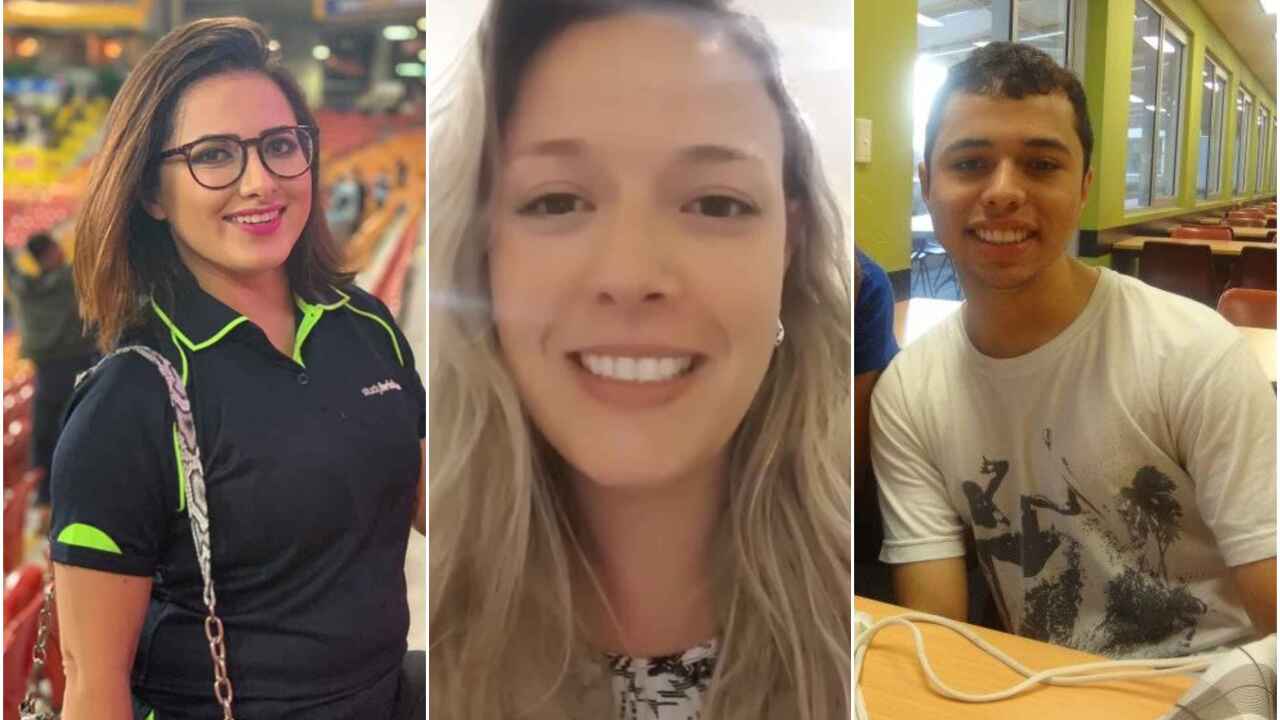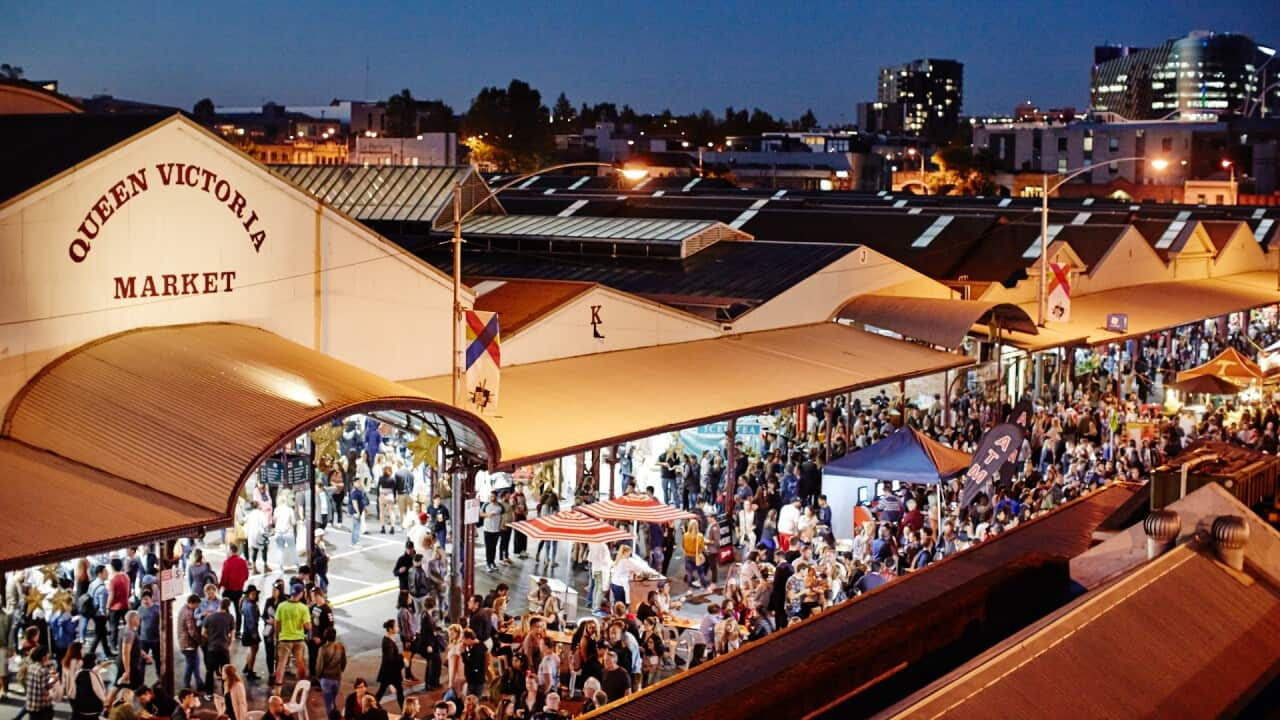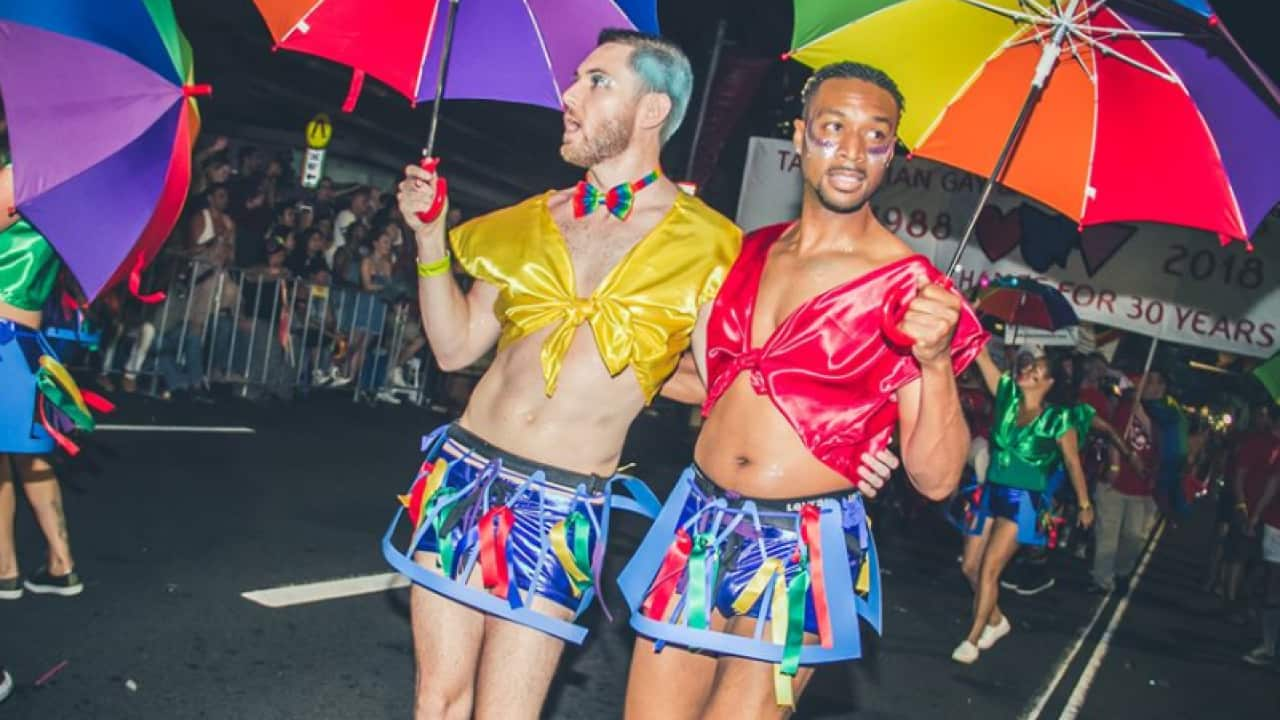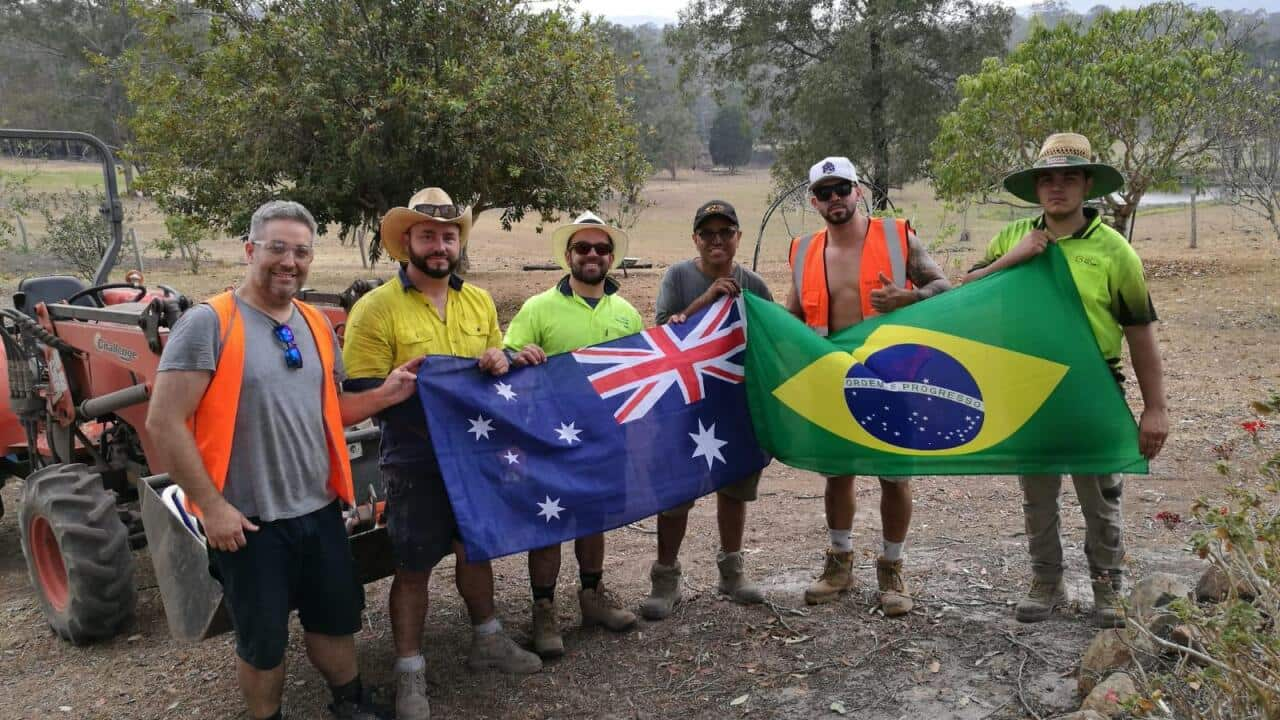Paloma Gadelha was until recently the International Student Ambassador for the City of Brisbane. The job was voluntary but it provided good opportunities for networking. She also worked as a freelancer for multiple advertising and marketing agencies.
But after the coronavirus outbreak, she lost all her jobs and was forced to look elsewhere to earn a living.
“Now I work as a cleaner four hours per day from Monday to Friday. I’m hired as a contractor and I’m not entitled to any benefits, such as superannuation, paid breaks. I don’t have a fixed job. If I don’t work, I don’t get paid. I am ok this week but I don’t know about the next,” she says.
Highlights
The federal government has resisted calls to expand the JobKeeper program to include international students and casuals workers
Many international students who lost their jobs or had their hours reduced are finding work as cleaners and are able to pay their bills
Cleaning industry relies heavily on international students and foreign workers who account for nearly half of the workforce in the cleaning industry in Australia
Although the federal government has allowed international students to work more hours in certain areas, such as retail and healthcare, it's only limited to those already employed in these sectors.
“I have applied for jobs in supermarkets but haven’t yet received any response. I am also looking for food delivery jobs,” she says.
She says many of her friends are also in a similar situation, having their hours reduced or simply losing their jobs. “I would help more if I was working in a hospital than cleaning doorhandles, but I can't complaint”
“I would help more if I was working in a hospital than cleaning doorhandles, but I can't complaint”

Paloma Gadelha and Marcus Costa: plans to invest in a new career in Australia took an unexpected turn Source: Supplied
Marcus Costa worked as a nurse at the prestigious Fiocruz Hospital for Infectious and Contagious Diseases in Rio de Janeiro. He moved from Rio to Melbourne in 2018 and is studying for a Diploma in Business and Management.
He was working in the hospitality and entertainment industries before the coronavirus pandemic left him jobless.
“I was scheduled to work at the Formula 1 but the race was cancelled and suddenly all my casual jobs went away because of this terrible pandemic,” .
When a position as a cleaner at a pharmaceutical company's warehouse came about, Mr Costa gladly accepted it.
“My job is to clean all surfaces, all door handles and handrails. I have two shifts, one in the morning and one in the afternoon. I have to wait three hours between the shifts but I can’t complain," he says.
“As I am a health professional and am applying for all these jobs in the health sector. I would help more if I was working in a hospital than cleaning door handles," he says.
But he cannot work as a health professional in Australia until he gets his overseas qualifications registered.
Until then, he says, he is "grateful" and feels lucky that he at least has a job.
The federal government last week announced it would allow international students to access their superannuation if they have been in Australia for over a year. Others who aren't in a position to support themselves were advised to go back home.
Some students say while they do want to go back home, they feel they are stuck here.
According to Sergio Moreira Lima, Ambassador of Brazil in Canberra, more than 700 Brazilian students contacted the Embassy requesting support to return to Brazil.
Raquel Ravaggi Ruiz is among the students wanting to go home. She is part of a WhatsApp group with 200 students who want to return to Brazil and have their flight tickets in hand. But they can't go back as there are no flights.
She has lost her job and the travel agency that sold her a ticket for $1,200 is no longer operating. She is now looking for help at the Brazilian Consulate in Sydney.
“The only airline flying to Brazil is charging exorbitant fares and I can’t pay more money,” she says.
Ms Ruiz’s flatmates are helping her with the bills, but she doesn’t know how long she can go on living like this. “The situation is very very difficult for us here in Australia.
“I have no idea what I will do if I can’t leave Australia. I am living one day at a time. If I keep thinking about the future, I will fall into despair,” she rues.
Vinicios Borges, a post-grad student in Communications and Media in Brisbane, says he can rely on his savings for some time.
“But I just don’t know how long I can do that and will have to find work soon."
Australia's cleaning workforce relies heavily on international students and migrant workers who account for nearly half of the total workforce in the industry, according to the Australian Bureau of Statistics 2016 census.
While international students are allowed to work 40 hours per fortnight, there are calls for increasing their work hours, on the lies of the retail and health care sectors. if approved, this could mean more work for Marcus Costa who is determined to keep going.
"As long as the coronavirus is ‘around’, I will be working, cleaning these door handles or at least until other opportunities become available," he says.
Also from SBS Portuguese

'I feel safer here in Wuhan than in any other part of the world'










